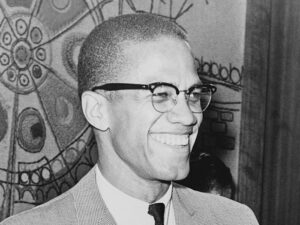As he felt his life force leaving his body, three words echoed around the world: “I can’t breathe.” These words, spoken by George Floyd as he lay dying under the knee of a police officer in May 2020, sent shockwaves across the globe. They were not just a plea for air; they were a cry for justice, dignity, and humanity. Five years later, from May 23 to May 25, 2025, thousands gathered at George Floyd Square in Minneapolis to commemorate his life and legacy during the Rise & Remember Festival—a moving tribute that also serves as a call to action.
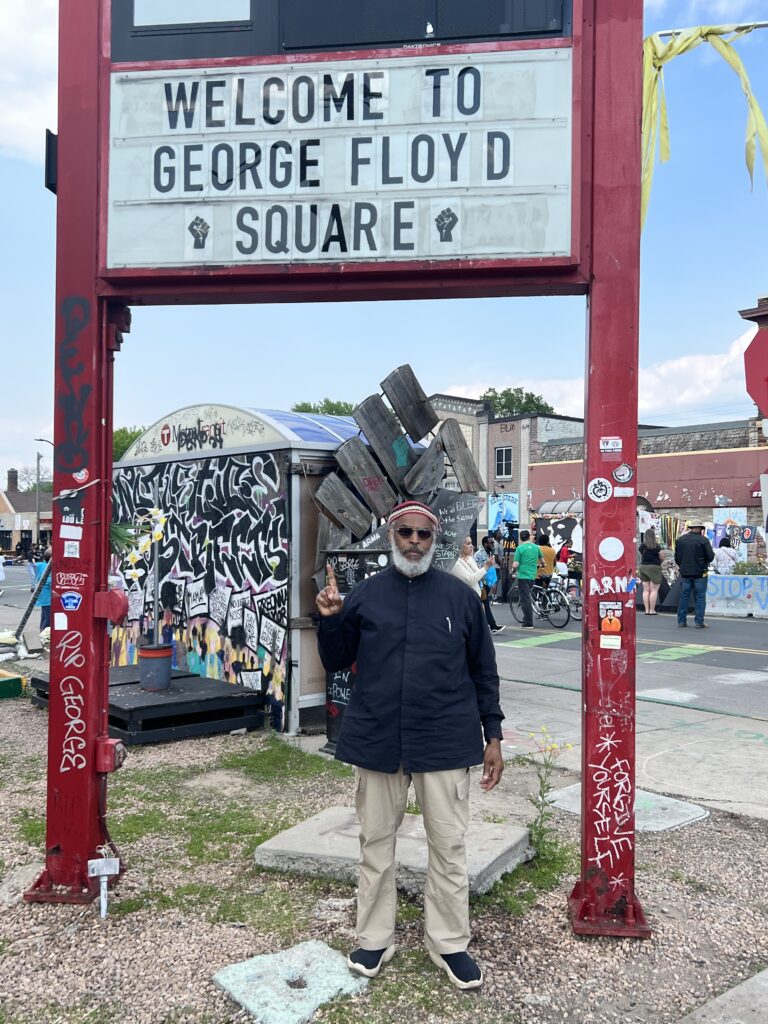
I just happened to be in Minneapolis for a conference on Qigong, and as the energy would have it this happened to be the weekend honoring the life of this fallen soul; so I cut short my conference attendance to visit the location of the activities, and the memorial in honor of George Floyd.
This observance, now in its fifth year, draws people from all walks of life to honor a man whose death reawakened the world to the deadly consequences of systemic racism. It also invites reflection on how people of faith, particularly Muslims, are called upon to stand on the side of justice.
A Weekend of Reflection and Renewal
The Rise & Remember Festival began with the Night of Honor at Quincy Hall, recognizing community leaders, activists, and advocates who have labored in the cause of social justice. These individuals, often working quietly and tirelessly, have turned grief into purpose. The gathering served as a powerful reminder of what can be accomplished when communities unite in the face of injustice.
Saturday’s Family Fun Day emphasized unity, healing, and resilience. With performances by national and local artists, food vendors, and empowerment booths, it created an environment of celebration and education. Importantly, it highlighted youth engagement, planting seeds of awareness and responsibility in the next generation. The festival concluded with a Gospel Concert and Candlelight Vigil, where music became both a balm and a banner for justice. The vigil, a solemn and sacred moment, allowed space to mourn, reflect, and recommit to the ongoing struggle for equity and dignity.
“I Can’t Breathe”: A Cry That Touched the World
The power of George Floyd’s final words lies in their universal resonance. Breath is life, a divine gift bestowed by God. The Qur’an reminds us:
“And [mention] when your Lord said to the angels, ‘I am going to create a human being from clay. So when I have proportioned him and breathed into him of My [created] soul, then fall down to him in prostration.'”
(Surah Sad 38:71–72)
To deny a man his breath is to deny him his divine right to life. It is an act of spiritual violence. That’s why Floyd’s words reverberated so deeply—they struck at the core of our shared humanity.
For Muslims, whose faith is built upon the twin pillars of Tawhid (Oneness of God) and ‘Adl (Justice), standing against such injustice is not optional—it is an obligation. The Prophet Muhammad (peace be upon him) said:
“Help your brother, whether he is an oppressor or he is oppressed.”
The people asked, “O Messenger of Allah, we help the oppressed, but how do we help the oppressor?” He said, “By preventing him from oppressing others.” (Sahih Bukhari, 2444)
George Floyd: The Emmett Till of Our Generation
George Floyd’s murder was not an isolated event. It was the tragic continuation of a pattern of racial injustice in the United States, particularly against Black communities. Just as the 1955 lynching of Emmett Till galvanized the Civil Rights Movement, Floyd’s death ignited the Black Lives Matter Movement into a global force.. Like Till in 1955, Floyd’s brutal killing exposed the enduring legacy of systemic racism. Civil rights attorney Ben Crump said, “George Floyd’s death was a modern-day lynching.” Rev. Al Sharpton stated, “The story of George Floyd is the story of Black folks.” Just as Till’s open casket funeral forced Americans to see racial violence, the video of Floyd’s death ignited protests worldwide, compelling a new generation to demand justice, accountability, and the recognition that Black lives matter.
His death forced the world to confront uncomfortable truths about racism, policing, and inequality. But more than that, it humanized a systemic problem. Floyd wasn’t a statistic—he was a father, a son, a human being.
As Muslims, the call to uphold human dignity is clear. Allah says:
“We have certainly honored the children of Adam…” (Surah Al-Isra 17:70)
The Qur’an doesn’t honor a specific race or tribe—it honors humanity. Therefore, any ideology or system that denies dignity based on skin color is in direct contradiction with the values of Islam.
George Floyd Square: A Sacred Space of Memory and Resistance
Located at the intersection of 38th Street East and Chicago Avenue, George Floyd Square has become a sacred site. Not just of mourning, but of movement. The square features powerful installations like the “Say Their Names Cemetery” and the “Mourning Passage” mural—both bearing witness to lives lost due to police violence.
Preserving these spaces is critical. In Islamic tradition, honoring the memory of the deceased is a righteous act. Visiting graves, praying for the dead, and keeping their stories alive are all ways to uphold their dignity. Similarly, memorials like George Floyd Square keep the truth alive and ensure that we do not forget the cost of inaction.
A Call to Action: The Islamic Imperative for Racial Justice
The Prophet Muhammad (peace be upon him) said during his final sermon:
“All mankind is from Adam and Eve. An Arab has no superiority over a non-Arab, nor does a non-Arab have superiority over an Arab; a white has no superiority over a black, nor does a black have superiority over a white—except by piety and good action.”
This declaration, over 1400 years ago, remains a radical blueprint for equality. Yet today, Muslims must ask: Are we living up to this ideal?
The fight against racism is not only a social or political duty; it is a spiritual obligation. When Muslims see injustice and remain silent, they are complicit. The Prophet (peace be upon him) taught:
“Whoever among you sees an evil, let him change it with his hand; if he cannot, then with his tongue; and if he cannot, then with his heart—and that is the weakest of faith.” (Sahih Muslim, 49)
In this age of global injustice, Muslims must not only feel with their hearts but also speak and act boldly with their tongues and hands.
Building a Just Future
As leaders like Paris Stevens and Angela Harrelson, cousins of George Floyd, continue to push for justice, they inspire us all to remain steadfast. Their commitment exemplifies the Islamic principle of Sabr (patience with perseverance) in the face of trials.
Muslim communities must amplify their efforts: advocating for policy change, supporting Black-led organizations, challenging racism within our own spaces, and educating future generations about their moral responsibility.
Conclusion
The Rise & Remember Festival is more than an event—it is a living movement. It is a reminder that George Floyd’s final words—“I can’t breathe”—still echo in a world grappling with racial injustice. For Muslims, this moment demands more than reflection—it demands action.
In honoring George Floyd’s memory, we fulfill a sacred duty to uphold the dignity of all of Allah’s creation. And in doing so, we breathe new life into our collective struggle for justice, echoing the timeless Quranic call:“O you who have believed, be persistently standing firm in justice, witnesses for Allah, even if it be against yourselves or parents and relatives…” (Surah An-Nisa 4:135)
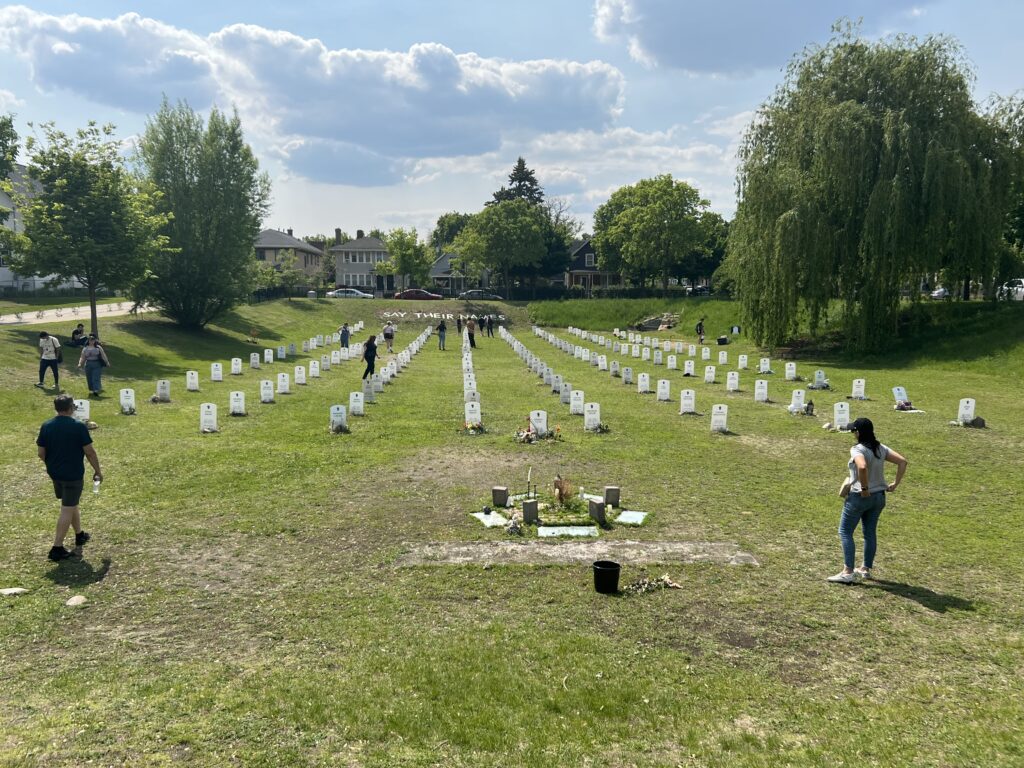
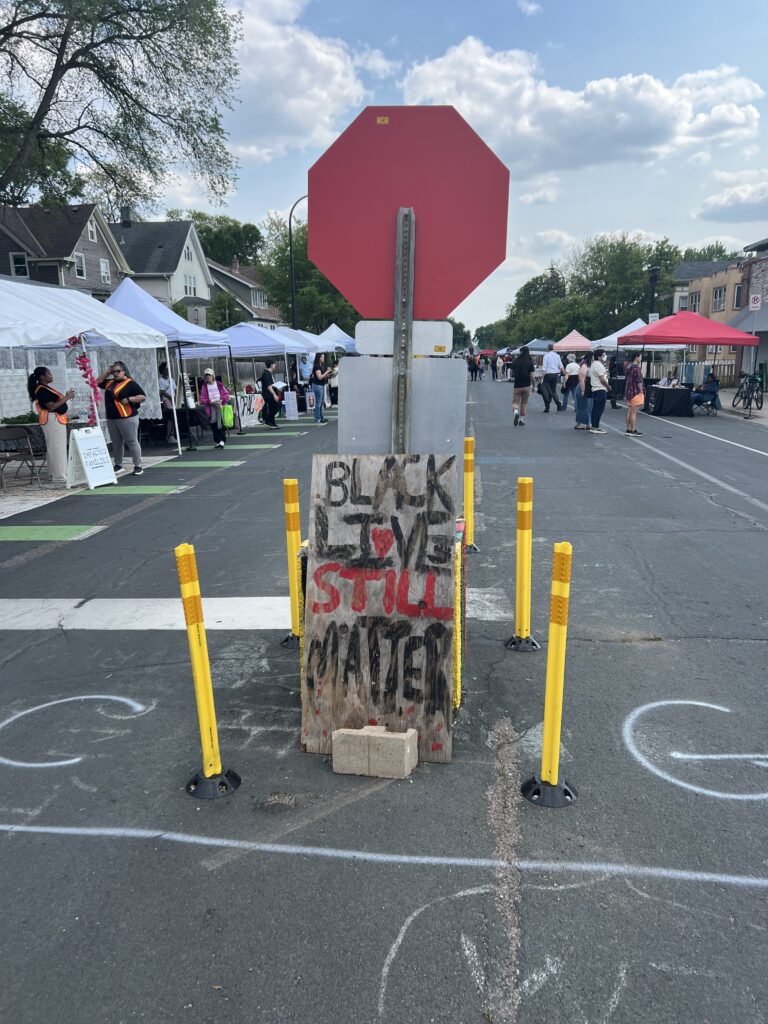
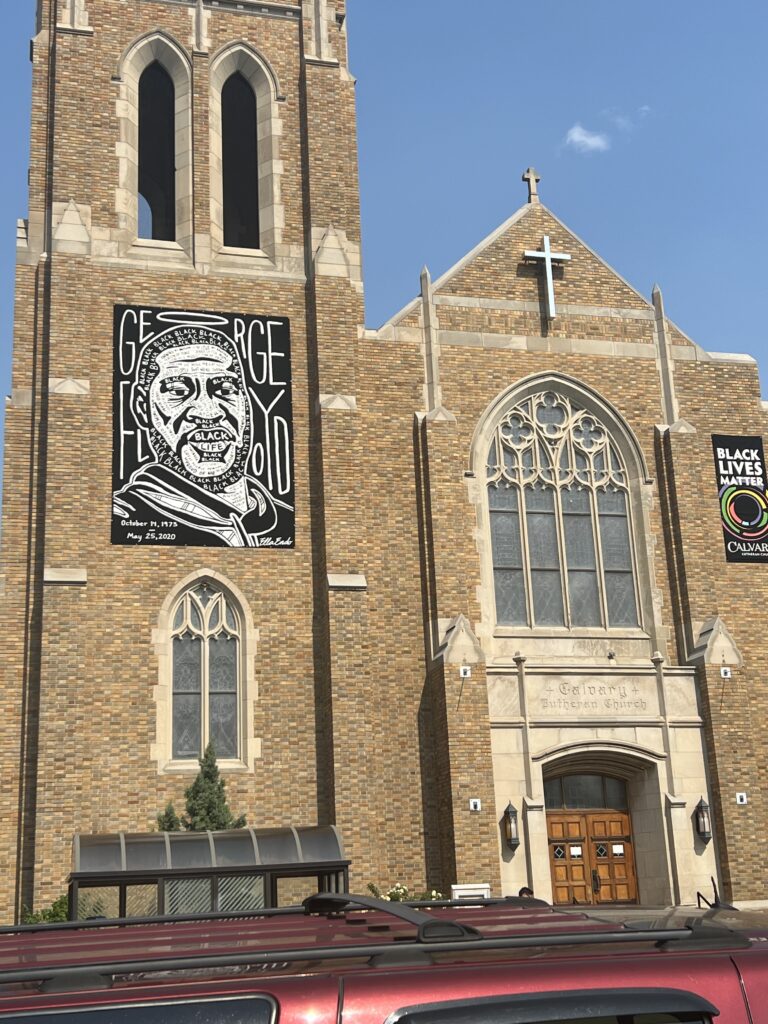
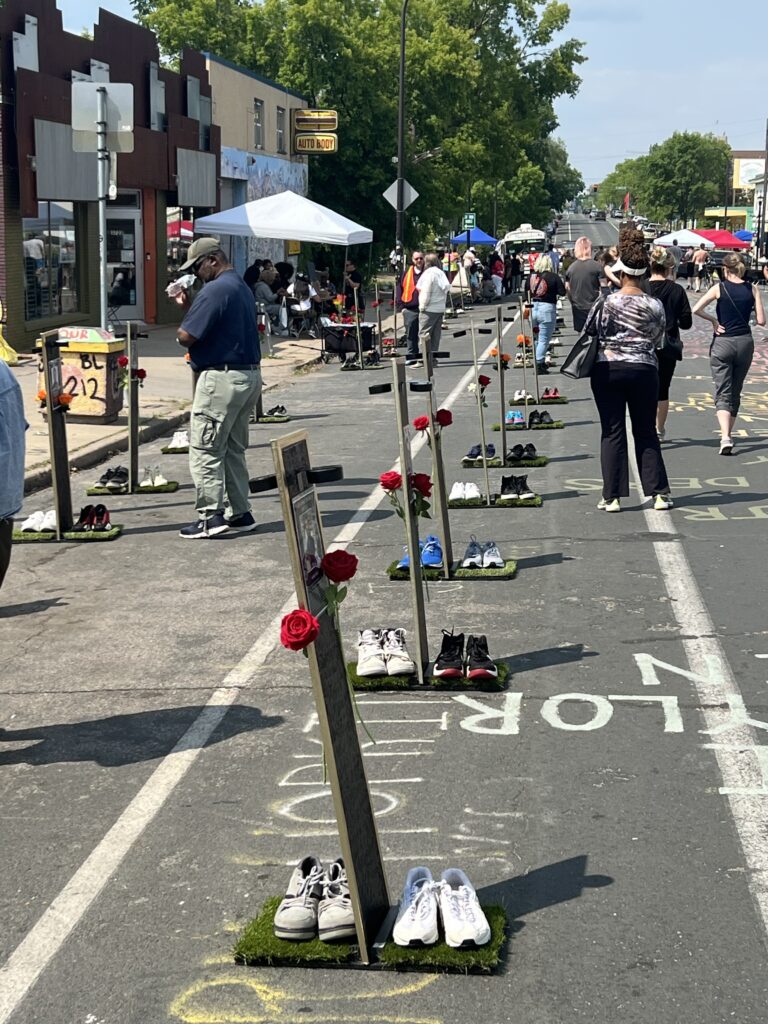
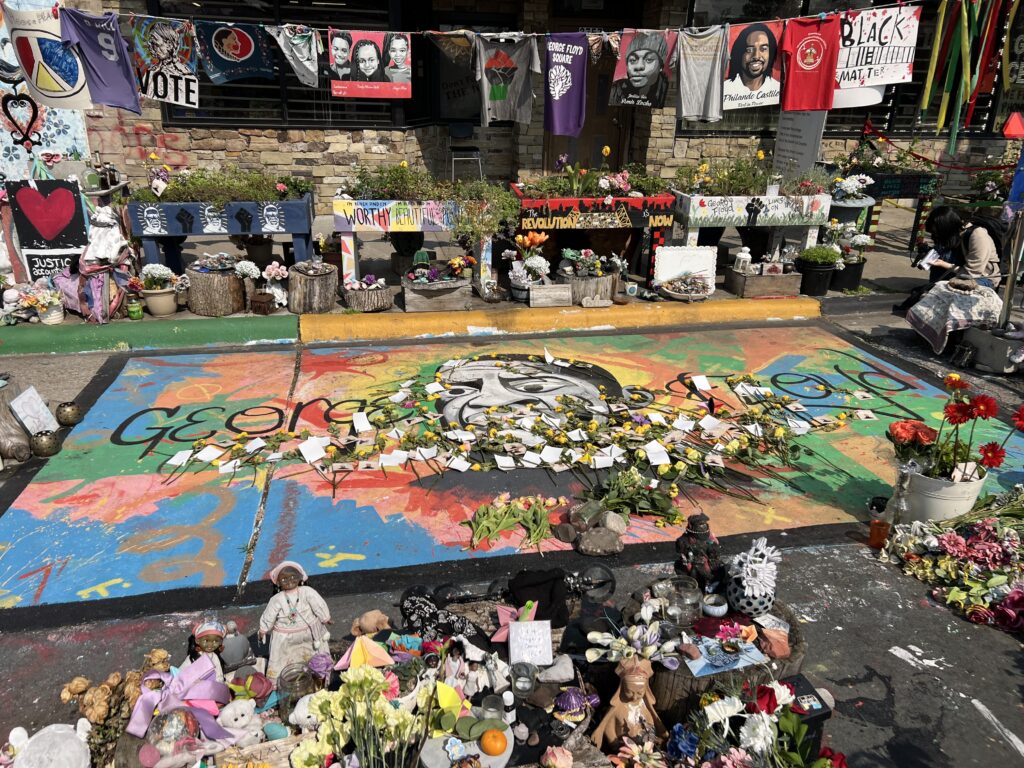
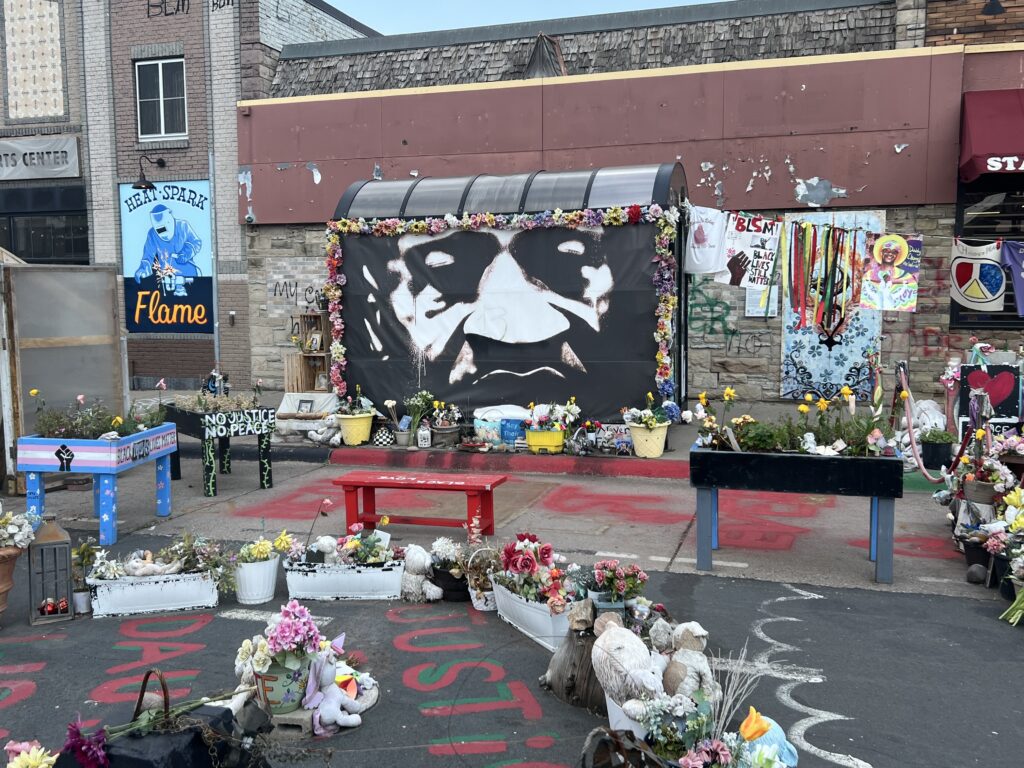

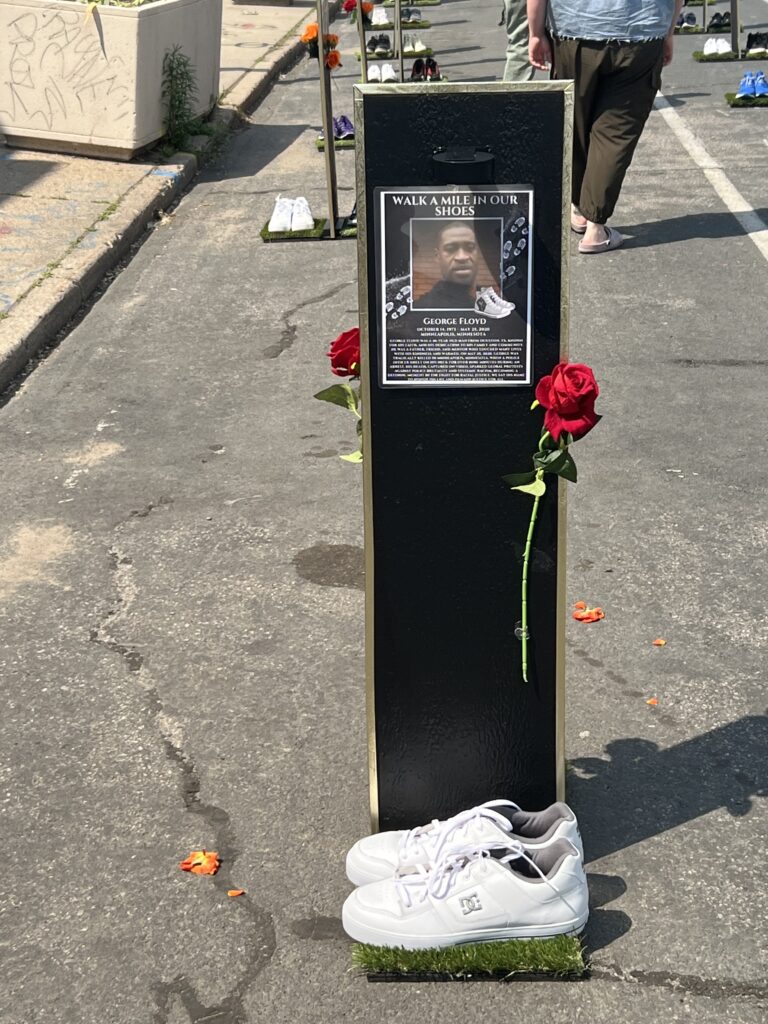
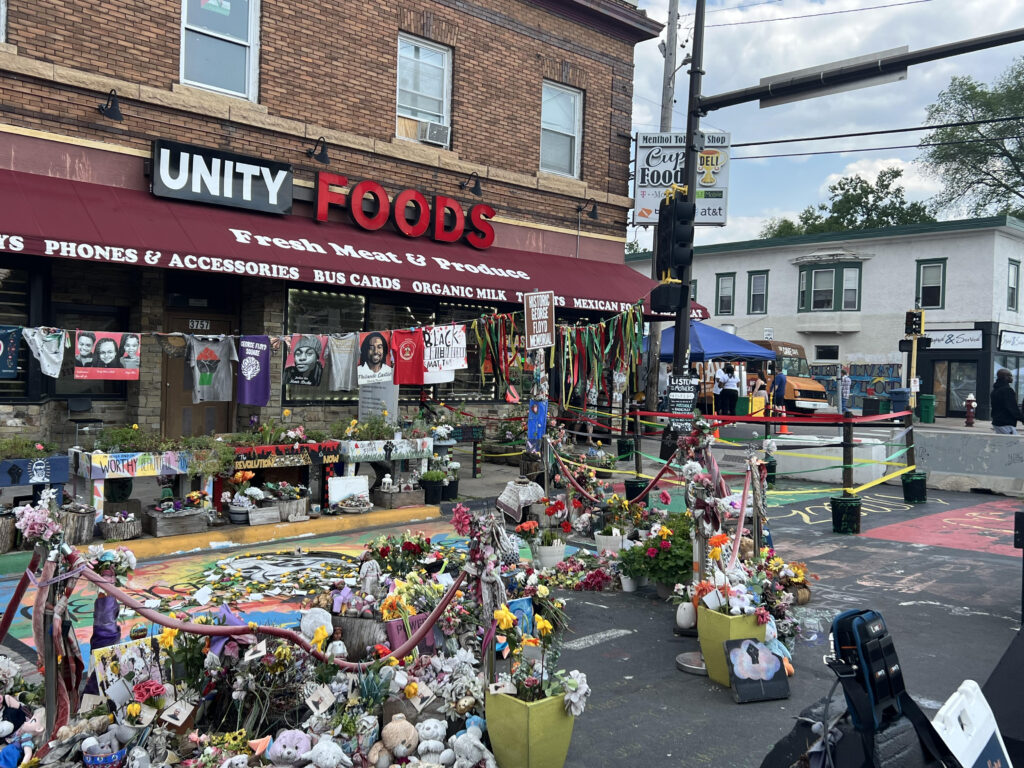
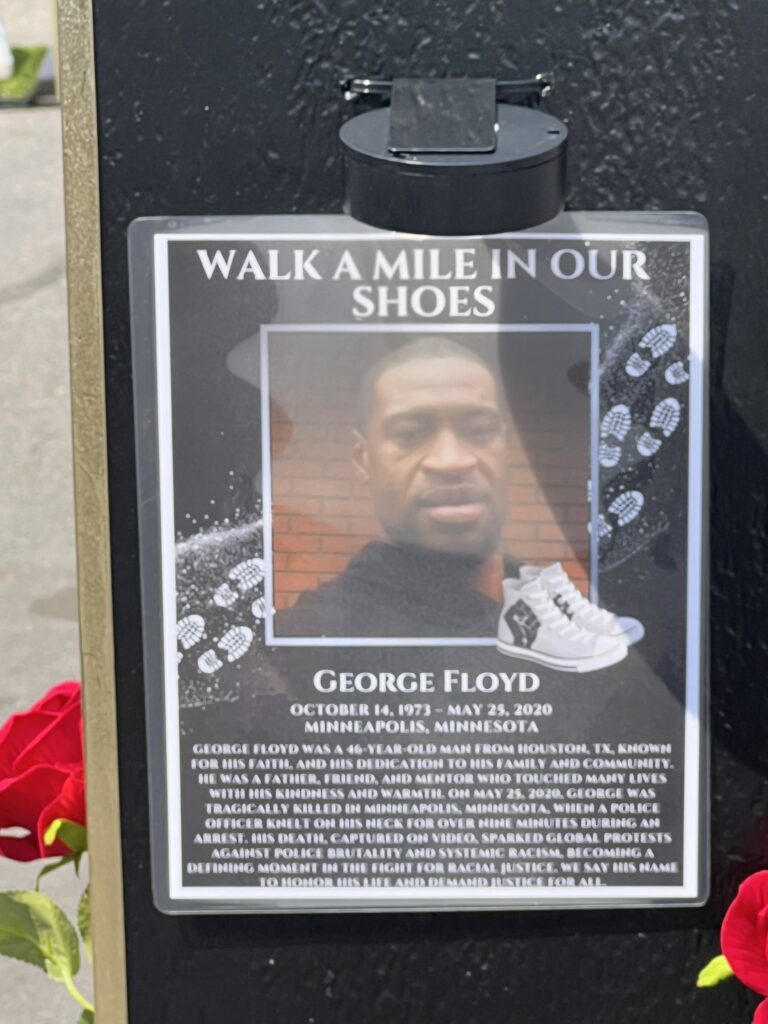
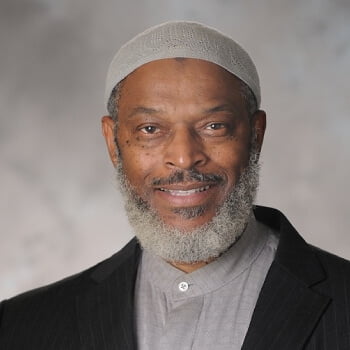
Imam Nadim Sulaiman Ali is originally from Chester, Pennsylvania and has resided in Atlanta, Georgia since 1979. He is the Imam Emeritus of the Community Masjid of Atlanta, the former Convener for the Metro Atlanta Majlis Ash-Shura, a founding member of MANA, and the current MANA Board Secretary. Imam Nadim works as a licensed professional & master addiction counselor and serves Muslims and the general community. Offering counseling services consisting of Pre-Marital, Marital, and Individual counseling. He is a therapist and consultant in Stress Management, Violence Prevention, and Tai Chi. He has authored numerous articles on counseling, and family matters, and he is also the co-founder of the Spoken word acapella Group Dawah Ensemble. He obtained a Bachelor’s degree in Communications from Shippensburg State University, a Master’s degree in counseling psychology from the Georgia School of Professional Psychology, and is a Licensed Professional Counselor and a Master of Addiction Counselor.




